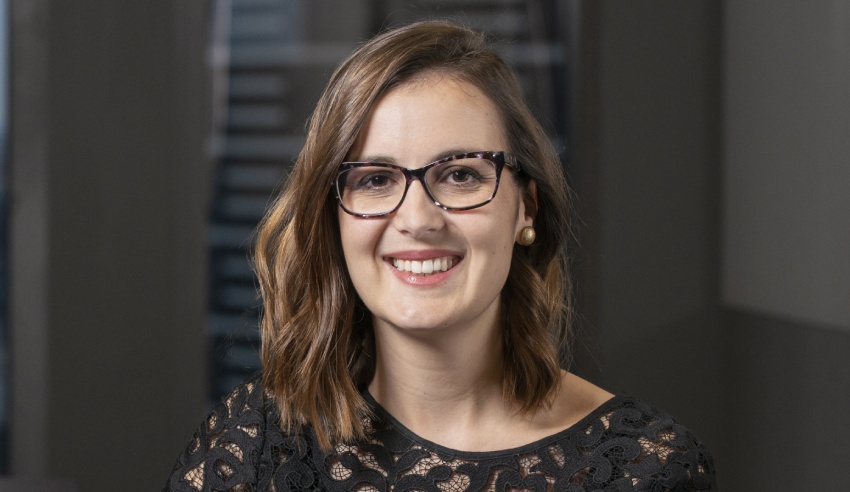For Bridget Little, the challenge of juggling breastfeeding a newborn with non-stop Zoom calls in the age of coronavirus presented a rare opportunity to thrive.

The past year has offered up no shortage of hurdles for Bridget Little (pictured) to overcome.
Such pressures could have been all-consuming and overwhelming for many professionals. Indeed, they may have been so for Ms Little on occasion. However, she saw said pressures as a “rare opportunity” to better support hers and the firm’s major clients in navigating the “COVID-19 maze”.
Speaking to Lawyers Weekly, Ms Little reflected that her path to the partnership ranks was “unusual”.
“In 2017, the head of the practice was poached by another firm and I was uncertain about staying on without him. I was a mid-level senior associate at the time, and after a lot of careful consideration, I accepted the managing partner’s challenge to take on the role of practice head for a year, with a view to becoming a partner the following year,” she recounted.
She did indeed make partner that following year, and come 2020 found herself being forced to grow and adapt once again.
“With restrictions changing regularly, late night press conferences and state-by-state differences, I would literally listen to a press conference and be straight on the phone providing advice. I did this during the lockdown, whilst looking after my six-month-old son,” she proclaimed.
“I was able to demonstrate excellence under pressure, resilience, pragmatic innovation and a deep commitment to my clients when they needed me most. I feel that that period was both reflective of my style as a partner and also reinforced it.”
Such an approach gave rise to numerous wins, Ms Little outlined, which she is immensely pleased with.
“I was particularly proud of my work and the outcomes on three pieces of litigation in the NSW Supreme Court, all related to post-employment restraints. I advised the former employee in two cases and the former employer in the other – enabling me to work both sides of the law. I conducted this litigation entirely remotely during the lockdown,” she said.
“As an employment lawyer, I intentionally take an empathetic approach, whilst delivering firm and precise legal advice. None of us derive pleasure seeing redundancies and terminations, and this was brought home strongly during the pandemic. I make sure my team are always mindful of that in delivering advice.”
When asked what other professionals who have become partners or principals in recent years can learn from her experience, including the overcoming of myriad challenges to achieve success, Ms Little pointed both to a suitable leadership approach and the need for practicality.
“Part of my leadership style is dealing with people in a respectful, compassionate way and to preserve their dignity – this is the right thing to do, but also consistently delivers a better and more sustainable legal outcome,” she said.
“I am also very focused on providing commercial and practical advice. Of course, I expect my team and myself to be technically excellent lawyers, but we also need to be able to step into the shoes of our clients to assist them in solving problems and/or utilising opportunities.”
For those who aspire to one day become a partner, Ms Little said that her experience offers food for thought on how best to manage the personal and professional juggle.
“The learning aspect of this last year has felt a bit like being a junior lawyer again, requiring constant learning on the job, with vague updates on new laws coming through overnight and on the weekends, rushed legislation and inconsistent government directions,” she detailed.
“My advice was worth millions to our clients, and I was on the phone or Zoom with them constantly as the laws changed. This often involved revising my interim advice based on a clarification or further change overnight. It was important to back myself, be honest with clients and foster a real sense of working together to manage the exceptional circumstances.
“I also found it useful to engage with other workplace lawyers, including at other firms, to keep each other updated on developments. The collegiate atmosphere was refreshing and, in many cases, has endured.”

Jerome Doraisamy is the managing editor of professional services (including Lawyers Weekly, HR Leader, Accountants Daily, and Accounting Times). He is also the author of The Wellness Doctrines book series, an admitted solicitor in New South Wales, and a board director of the Minds Count Foundation.
You can email Jerome at: